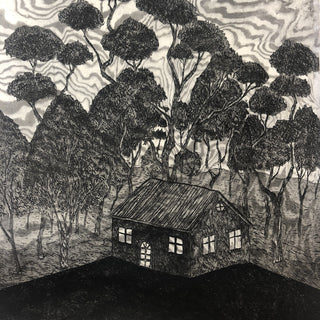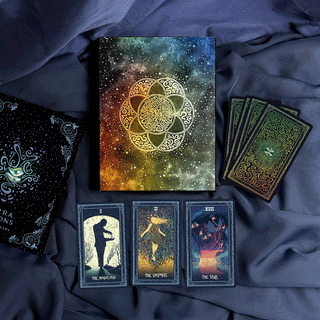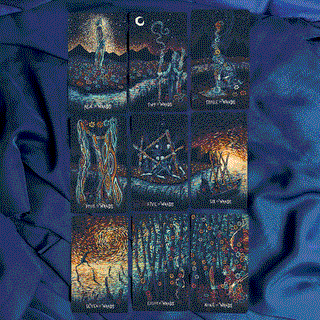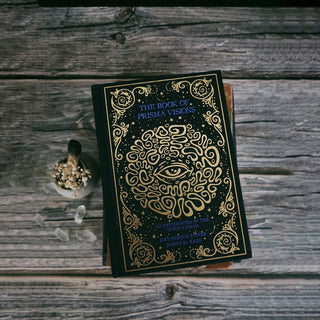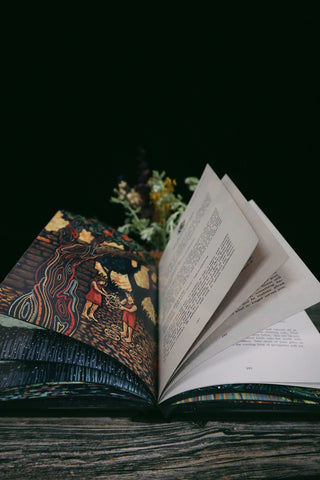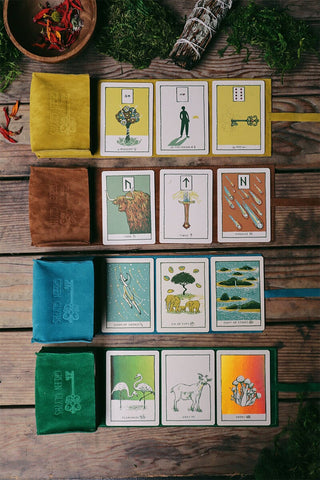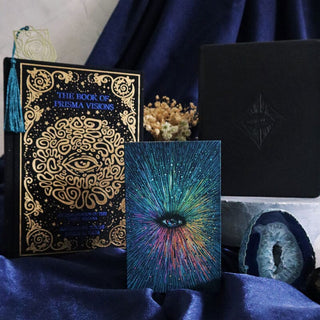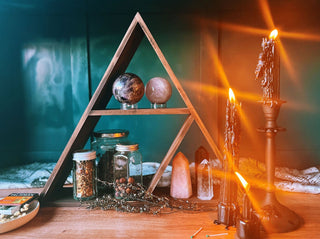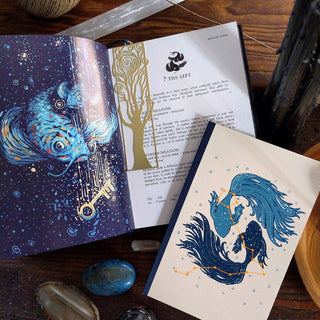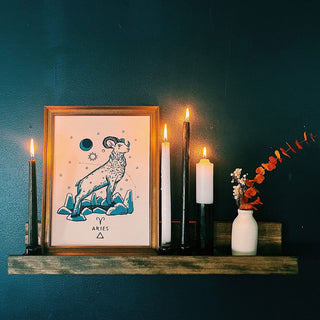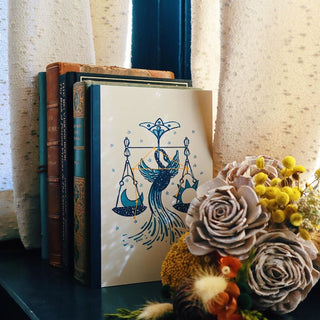Sharp Shadows & An Intro to Etching
On Wednesday I will be releasing my first etching that we created with the new press in the studio. The process of creating an etching involves many time consuming stages. Etchings can be done in a variety of ways using different methods but for the sake of brevity I am only going to go over the process we used to create this print. If you are interested in learning about the process continue reading after the print release information!
Sharp Shadows is a copper plate etching on a layer of suminagashi chine-collé (learn more) on coventry rag printmaking paper. Prints are hand signed, hand titled and numbered in an edition of 33. Each sheet of suminagashi varies as it is all hand marbled, so the pattern on each print will have variations in the edition.
There will also be two very limited editions on blue and orange chine-collé paper with embedded pieces of bark and with an added layer of screenprinting. Both are editions of 8.
All three limited editions will drop on Wednesday, October 30th at 3PM PST at www.jamesreadsmerch.com



An Introduction to Etching
To begin, first a copper plate size is chosen and the edges are beveled by hand with a file. This is so that the edges of the copper are not too sharp when the paper is being pressed into the plate. The beveled plate is then covered in a ground that can be drawn into with an etching needle. The work done with the needle exposes the bare copper plate. All the areas that are etched with a needle will become black line work. Once the drawing is complete the plate is then submerged in phosphoric acid for 12 minutes. This is long enough to bite the plate and give it a deep enough etch. The acid is then washed off the plate with the ground and the plate is cleaned (shown above). A proof is then taken to show the progress of the plate and how it truly looks when printed.

The next stage is aquatints, which is where the gradation and shadows come in. An aquatint can be created using a variety of methods as well, but here we used a can of black spray paint. Areas that are to remain light are first blocked off with ground and then spray paint is evenly applied to the plate giving it a fine texture of dots. Depending on the desired darkness the aquatint is placed in the acid bath for varying amounts of time. On this plate we did six different aquatints to give depth to the foreground and to the house. I wanted a really dramatic shadow for the house so the bottom portion of the plate was left exposed in the acid for about an hour.

After several proofs I deemed the plate ready to print. To print the plate it is first inked up with a tarlatan which is a cheesecloth like fabric. It is vigorously wiped so the ink is evenly coating the plate. A cleaner tarlatan is then taken to the plate to remove the excess ink and then sheets of newsprint are used to make sure all unwanted ink is throughly taken off. Once the plate is properly inked it is placed on the press. Sheets of paper are then put into a basin of water and left to sit for 30 minutes. Paper is then taken out and blotted dry with a towel. The wetness of the paper allows the inked plate to transfer correctly, this is a crucial step in creating an etching. The paper is then carefully laid on top of the copper plate and blankets are placed on top of the plate before it is rolled through the press.

I wanted to add one more layer of dimension, so we employed a method called chine-collé . Chine-collé is a method of applying a thin layer of decorated paper by adding powdered adhesive to the back of the textured paper and then it is placed on the inked up plate in between the larger sheet of paper that is being printed on. The pressure of the press plus the adhesive binds the decorated paper to the print. We took a trip to Hiromi Paper here in LA which specializes in really high end papers and I found this amazing suminigashi paper that cost $25 bucks a sheet but was totally worth it. It has this beautiful swirling wind like texture that is unique to each sheet. This means that each print in this main edition slightly varies based on the pattern of the paper. I also picked up a few more sheets of different paper and we printed two very small editions on blue and orange.
These smaller editions were taken further with a layer of screenprinting on the final print.
The entire process of creating an etching is very time consuming, with each print taking about 30 minutes to ink and print. Therefore these editions are quite small and will be extremely collectible. Most etchings and woodblocks we create in the future will stay in smaller edition sizes due to the nature of how meticulous the craft is.
Sharp Shadows drops on Wednesday, October 30th at 3PM PST at www.jamesreadsmerch.com

